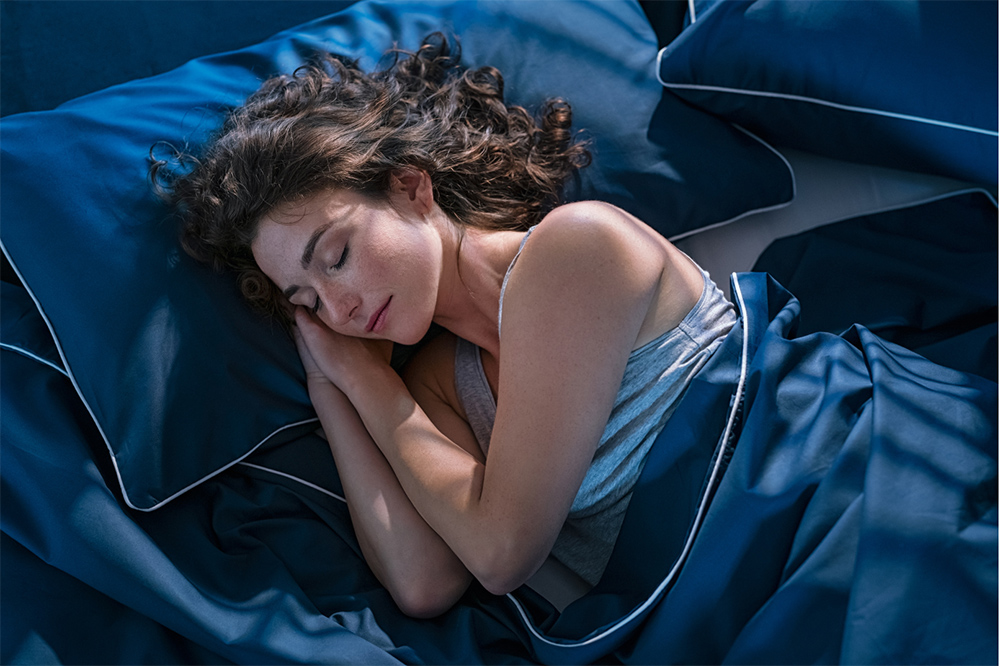Let’s discuss the key differences between these disorders.
What is Obstructive Sleep Apnea?
Obstructive Sleep Apnea or OSA is the most common type of sleep apnea. This disorder occurs when the throat and upper palate become somewhat closed off during sleep. The blockage in this type of sleep apnea is due to a physical abnormality in the airway or mouth. For example, if the oral tissues are too thick or soft, they may relax toward the back of the mouth or the opening to the airway when a person is asleep.
Symptoms of OSA
OSA usually relates to disorders like obesity, but it can also affect individuals who have improperly formed oral structures or a deformed airway.
What is Central Sleep Apnea?
Central Sleep Apnea, or CSA, is less common than OSA. Both conditions cause breathing difficulties but the source of these symptoms differ from one another. While OSA is caused by physical blockage in the mouth or airway, CSA is the result of interruptions that occur between the brain and the lungs.
With central sleep apnea, the brain fails to consistently send the right messages to the lungs in order to instruct the body to breathe.
Symptoms of CSA
- Pauses in breathing during sleep
- Awakening constantly throughout the night
- Daytime fatigue
- Headaches
- Sudden gasping during sleep
CSA can accompany disorders like brain stem infections, obesity, Parkinson’s disease, heart failure, and can accompany the use of certain medications.
If you struggle to sleep at night and you have had housemates mention that you snore or gasp frequently in your sleep, you might be dealing with sleep apnea. While snoring or gasping doesn’t always pertain to this disorder, it’s in your best interest to see a dental healthcare provider about your symptoms.

